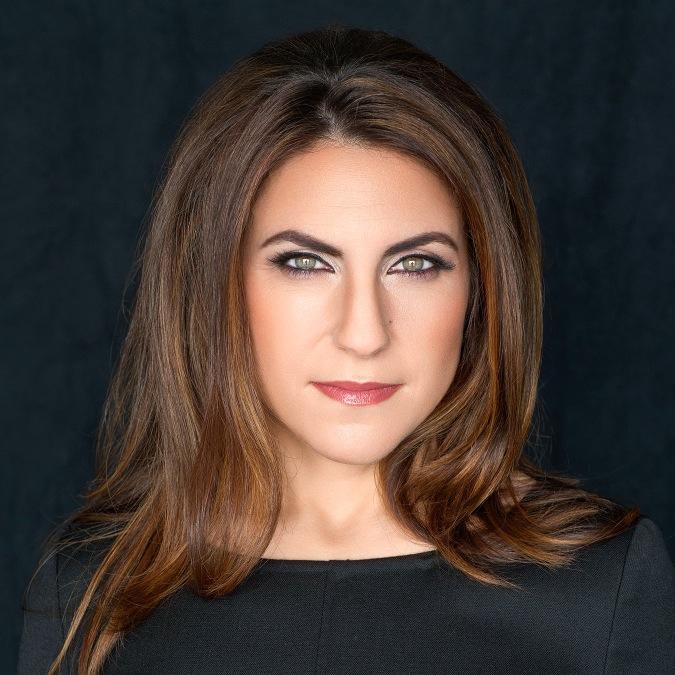*This post of mine is also published on Forbes.*
“Entrepreneurship isn’t for everyone, and not everyone is going to be an entrepreneur,” Gayle Tzemach Lemmon, the New York Times best-selling author, advocate, and senior fellow at the Council on Foreign Relations, says. “But women who turn to business, turn to economics, because there are people depending on them, I think that their creativity, their resilience, their spirit, embody what’s best about entrepreneurship.”
And in many ways, Tzemach Lemmon works to tell exactly those resilient stories of women entrepreneurs, particularly in fragile societies and developing economies. Her first book, The Dressmaker of Khair Khana, tells the story of Kamila Sidiqi, an Afghan woman entrepreneur who hired women who helped support their own families under the Taliban because of her business.
In addition to her writing and reporting, Tzemach Lemmon also consults and advocates for comprehensive and sustainable approaches to help entrepreneurs in conflict and post-conflict countries access capital, markets, networks and business-skills training.

I spoke with the self-described “idea entrepreneur” about changing how the world views women, what motivates her to do the work she does, and her new project exposing forced marriages in America.
Anushay Hossain: So much of your work, from your reporting to your two best-selling books, The Dressmaker of Khair Khana and Ashley’s War, are about flipping the narrative when it comes to labeling women as victims. What motivates you to do the amazing and important work you do on behalf of women?
Gayle Tzemach Lemmon: I want stories to match what I see. All around me, I find incredible and untold stories of women who are changing their world, who are transforming their circumstances, who are leading their neighborhoods, their families, their communities.
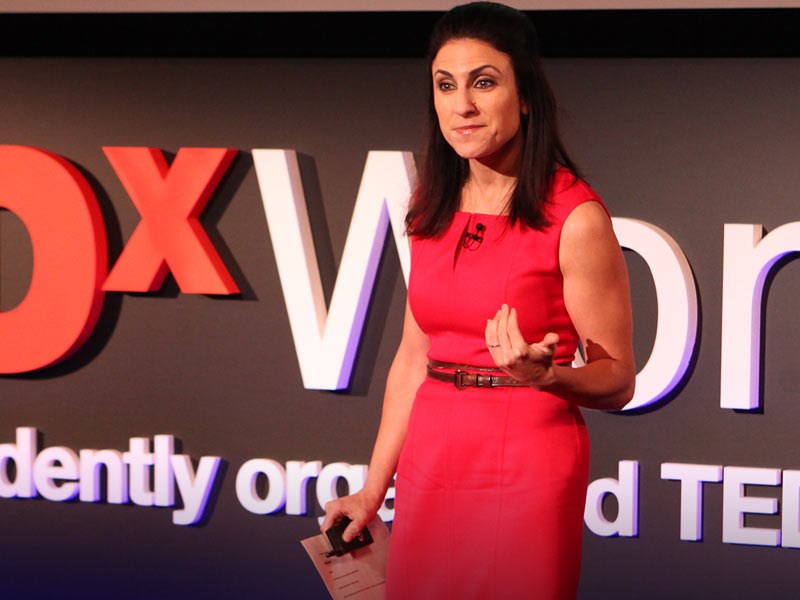
And yet we still see stories with women in them as either “soft” or “unserious.” And our stories see women as victims waiting for the world to rescue them. I don’t set out to tell stories about women. I set out to take readers into a world they don’t know and to share what I see.
Hossain: From ABC to Harvard Business School to PIMCO to the Council on Foreign Relations, you are an author, activist, journalist, advocate and so much more. What do you think best describes you?
Tzemach Lemmon: An idea entrepreneur! I love to change the way people see their world, to bring attention to issues that matter, and to place a spotlight on people and ideas that are changing the world for the better.
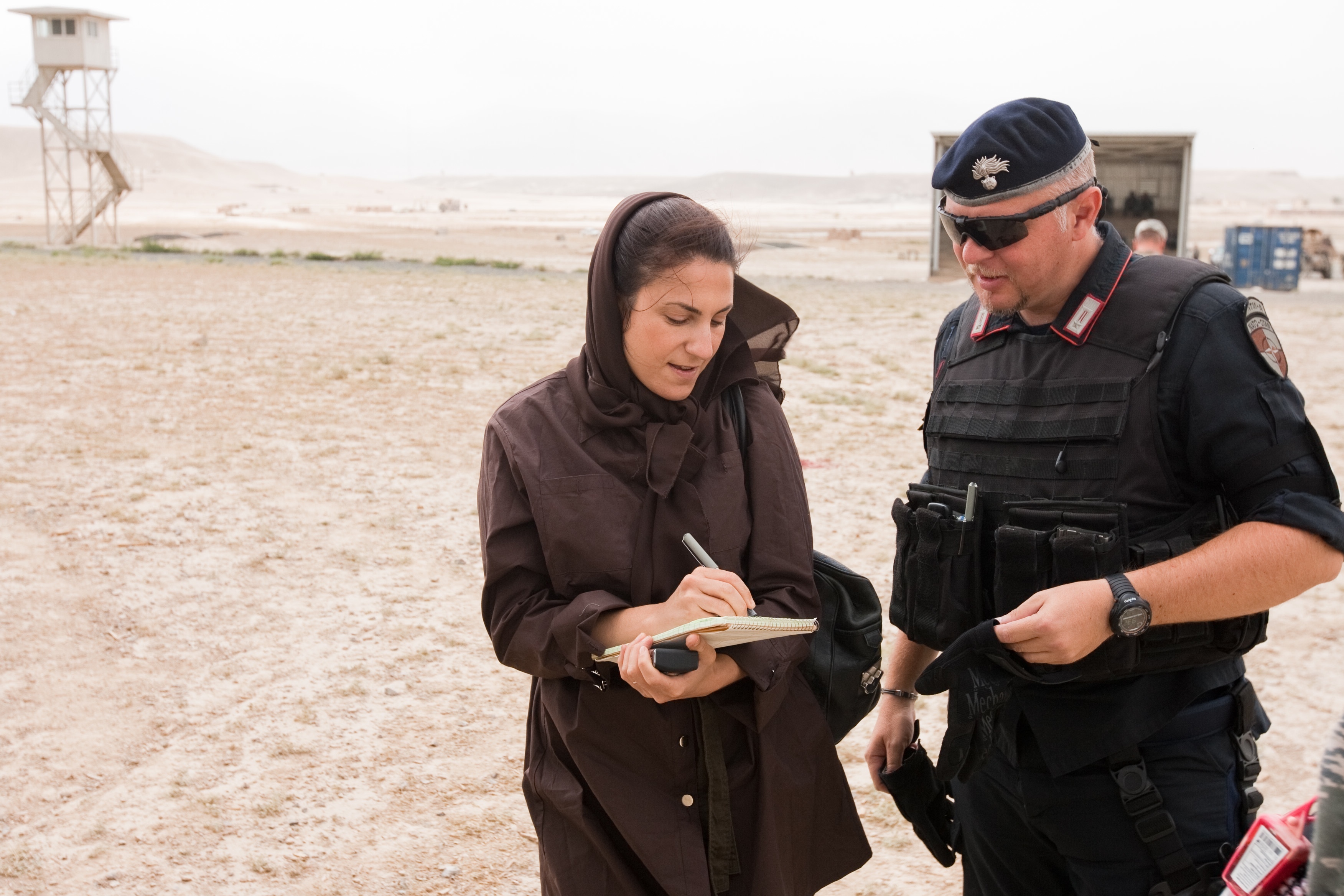
Hossain: Your book, The Dressmaker of Khair Khana, tells the story of Kamila Sidiqi and the business she started in her home in Afghanistan. What do you want people to know most about women entrepreneurs in conflict and post-conflict countries?
Tzemach Lemmon: That they exist. That they are changing their families for the better. That they are forces for positive change for their families and their communities if only they could secure resources that match their ambition.
Hossain: How difficult is it to go into these societies, especially one as complex as Afghan communities, and access these stories? How did you do it?
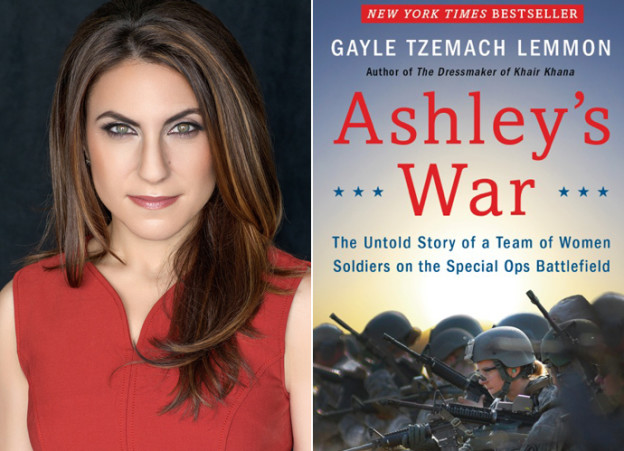
Tzemach Lemmon: If it is worth doing, it is likely difficult. Earning trust is about integrity. Saying you will come back and doing so. Being accessible, trustworthy and having respect for the people who trust you with one of their most precious and personal treasures: their story.
Hossain: Your own story is so inspiring- being raised by a single-mother and at one time even relying on food stamps. How has your family influenced the work you do now?
Tzemach Lemmon: My mother was the strongest and most generous person I will ever know, and she worked to show me how big the world was and how much was possible. She faced up to life with grace and generosity, even in the most difficult moments imaginable, and she taught me the power of perspective: On a scale of major world tragedies, yours is not a 3 was among her favorite sayings. I grew up in a community of single moms who taught us the value of hard work, sacrifice and integrity, and anything I ever achieve is thanks to them.

Hossain: I was born and raised in Bangladesh, the birthplace of microfinance and Grameen Bank. You said in your recent TED talk that “women aren’t micro—so why do they only get micro-loans?” Tell me more about your thoughts on microfinance and why we need to start giving women more access to large amounts of capital?
Tzemach Lemmon: Microfinance is a powerful tool in fighting poverty and pulling families out of the toughest circumstances. But it should not be seen as the ceiling of what women can do and achieve in business, but the start. And women do own small and medium enterprises, even in the toughest parts of the world. Getting resources for them is a struggle, but their battle is one we should pay attention to because they are fighting for a stable, more secure future for their communities and their countries.
Hossain: You have seen women around the world start businesses under dire circumstances. What would your advice be American women, who generally have access to much more resources, thinking about making the leap into the startup world?
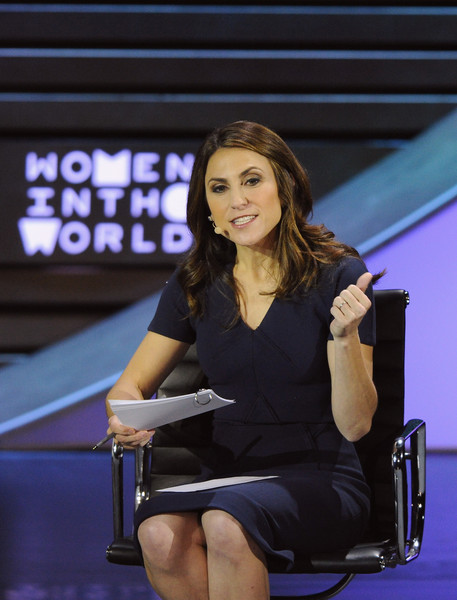
Tzemach Lemmon: Dare. Dig deeply. And don’t let anyone tell you things are impossible.
Hossain: There is so much conversation in Washington, DC, specifically Capitol Hill, around ending child marriage in “developing nations,” but your latest project for PBS uncovers the world of forced marriages right here in the US. What led you to this story?
Tzemach Lemmon: A friend told me about a teacher in New York City public schools who was losing promising high school students to forced marriage. I could not believe it – in the United Sates? How was this happening here? No one things of child marriage or forced marriage as an American issue.
I just felt I had to tell the story – and for TV, so that people could hear American women and girls talking about what they had faced, in their own words. It took four years of reporting and six months of shooting, but PBS NewsHour’s team of producers and I shone a spotlight on this issue for American viewers who got to meet these brave girls and women willing to share their stories.
Hossain: What was the most striking thing about uncovering the problem of forced marriages in America?
Tzemach Lemmon: What struck me most is that this issue is happening all across the country and across a swathe of communities. This is an issue about the value of women and girls and it is a story about these women and girls who are standing up and saying “this will not be my life.” They take great personal risk by daring to not submit to the demands of their families or communities.
Hossain: Many say that one of the greatest tragedies of our time is taking place right now in Syria. What role do you see Syrian women playing in the future of rebuilding their country?
Tzemach Lemmon: The peril and the heartbreak facing Syrian women and girls is enormous. Early marriage, forced marriage, child marriage, lack of schooling, risk of trafficking — these are all horrors and realities they confront.
But Syrian women and girls are also part of preserving their communities, of forging local cease-fires, of telling the story of their own cities, and of keeping civil society going while a bloody civil war is tearing their nation apart. When the moment for rebuilding at last comes, they will be ready to play a central role.
*This post of mine is also published on Forbes.*
